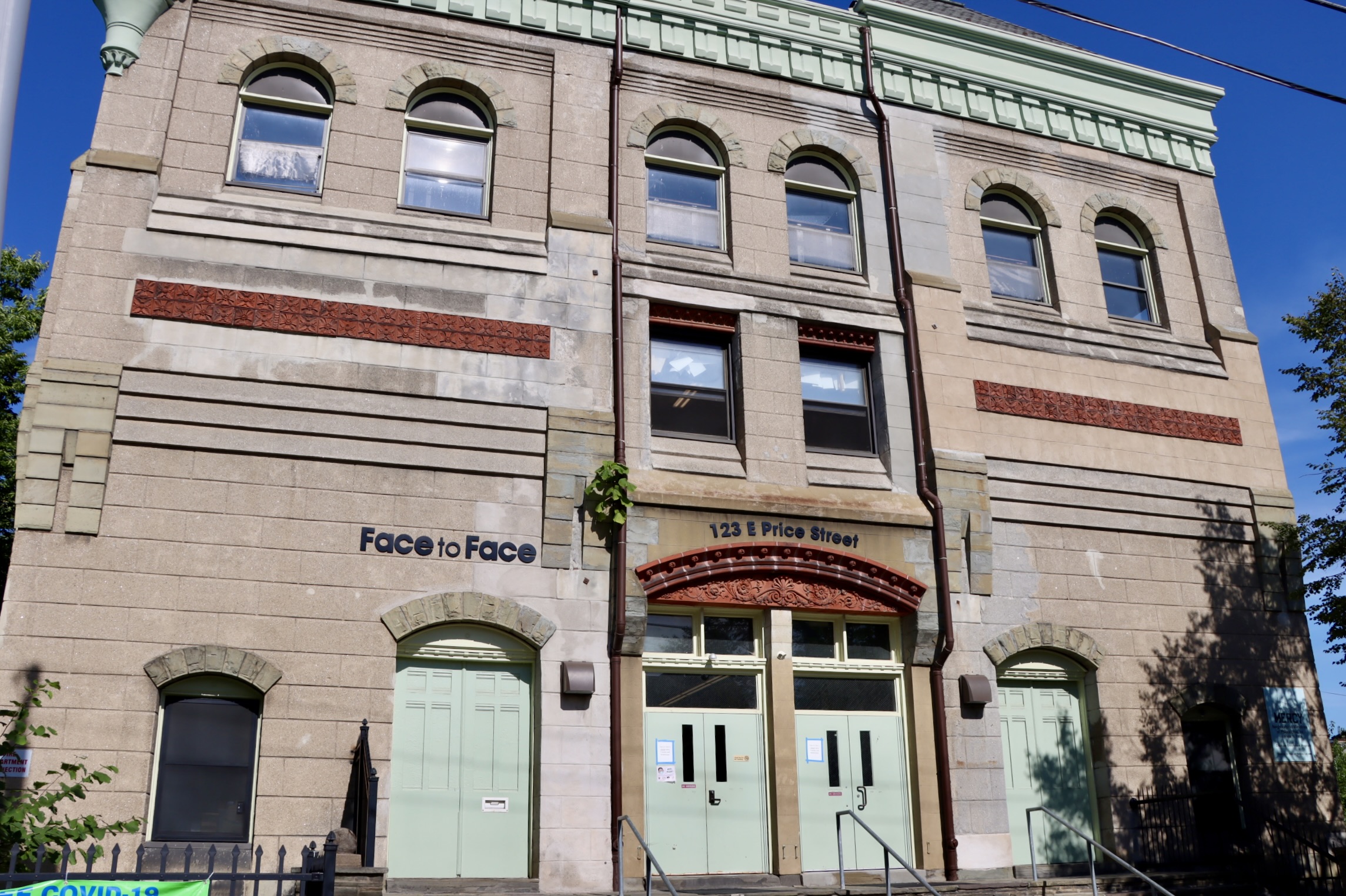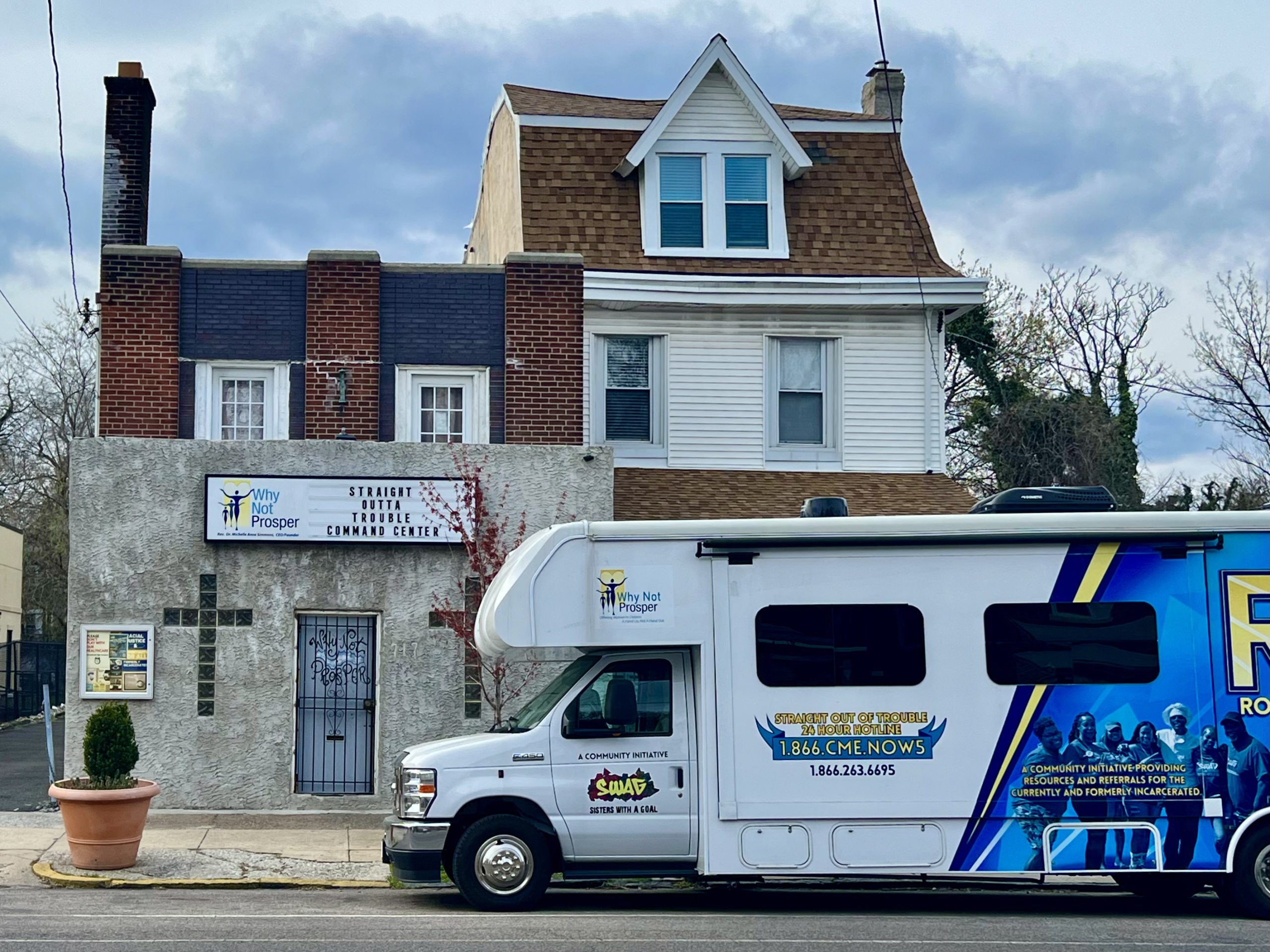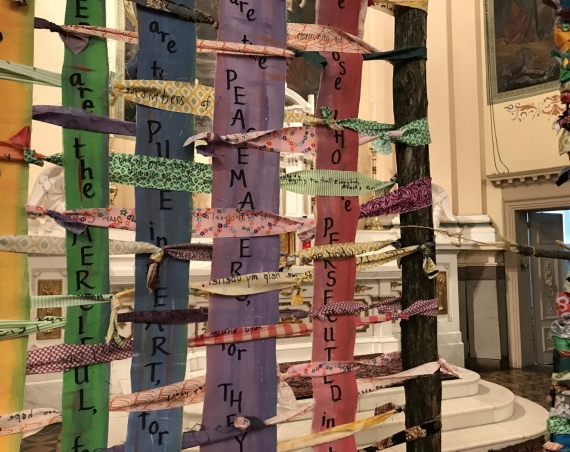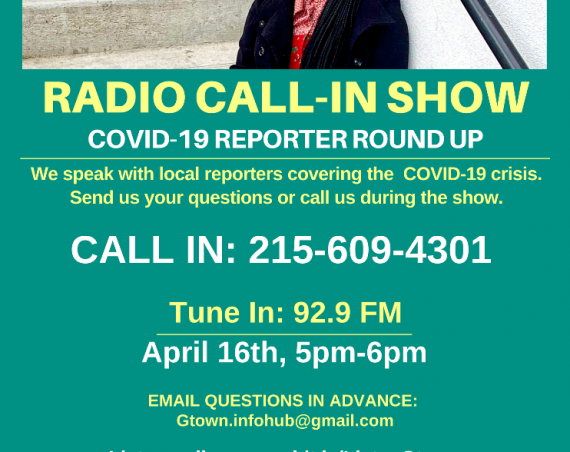PLSE Philly’s Pardon Project has been doing a lot of work around Philadelphia to get folks one step closer to a legal clean slate. And with the success of the West Philly Pardon Network, Germantown could see its own.
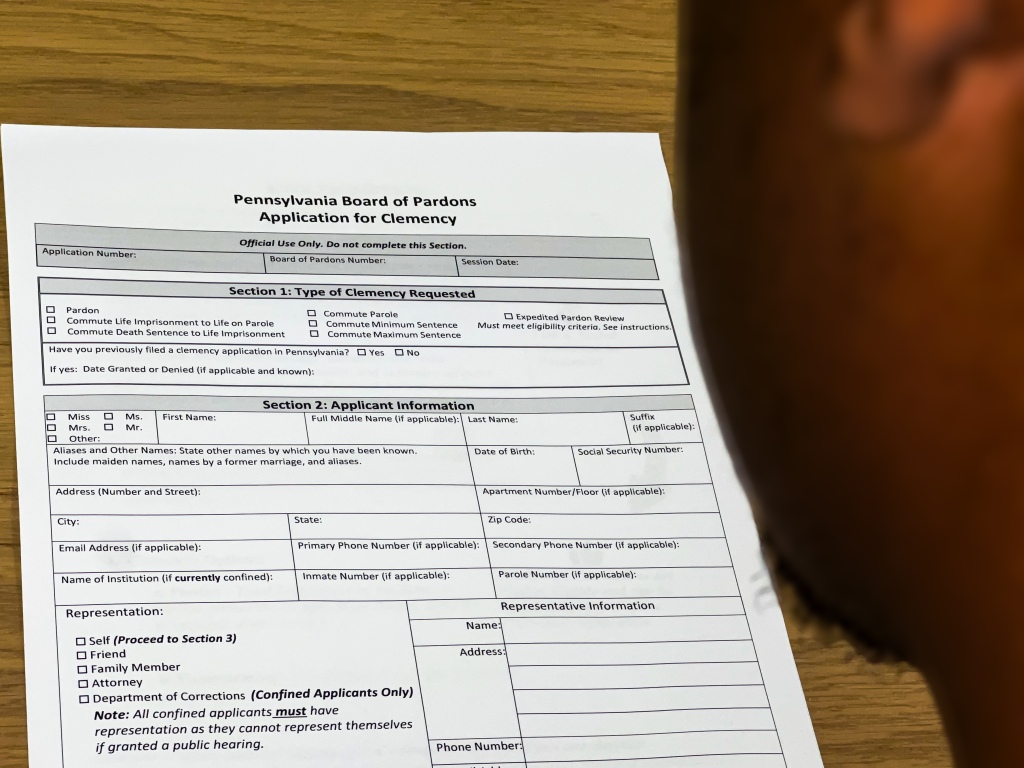
A criminal record can be a hindrance for anyone with it. It can keep you from gaining more meaningful & higher employment, it can keep you from getting grants to open up that dream business or nonprofit you’ve always wanted, and it can even keep you from supporting your kids the way any parent would hope to.
Because of these barriers, many people seek to get their records cleared. You can request to get your record sealed, making it still viewable to the courts but away from public view. Or you can petition for getting your record expunged, completely erasing it. In Pennsylvania, only folks with non-convictions (who may have been found guilty, but it isn’t recorded), summary convictions, who are 70 years old and older, who are ten years arrest-free, and who have completed diversion programs can receive an expungement. However, for felonies and misdemeanors, there is one more ample step that folks need to take even to be eligible for an expungement–obtain a pardon.
What are pardons?
Pardons are a form of forgiveness for a crime issued by the state governor to someone convicted of a felony offense. They are one of two types of executive clemency, the other being commutation, which is a reduction of parole or sentence. Pardons don’t clear your record, but as mentioned above, they move you closer to having more stable control of your life.
With an expungement being the ultimate goal, obtaining a pardon will help a person access more professional licenses, get more funding opportunities, apply for better jobs without having to disclose their past, travel more easily, obtain more education, serve on a jury, and apply for housing. Right now, there are about 400,000 Philadelphians with criminal records who are at risk of discrimination based on the social stigmas associated with having a criminal record.
How do you obtain a pardon?
The pardon process is simple in nature but rigorous in procedure. The first step is as simple as filling out the application, which you can do online or by mail. After you send it in, you enter a waiting period where the Board of Pardons, comprised of the lieutenant governor, the attorney general, a victim representative, a corrections expert, and a psychiatrist, will review your application to ensure it is complete. If it is, the application will be considered “filed,” and you’ll receive a letter confirming this, which could take up to a year.
The Board of Pardons (BOP) will then send your application to the Board of Parole, who will create a report on your life, including past criminal charges and violations. They’ll also interview you to learn more about your current situation, which includes marital status, finances, employment, community involvement, and more that can be found on the BOP’s website. The Board of Parole will also collect sentiments from the district attorney and president judge where the case(s) occurred. All this information is made into a report that goes back to the BOP.
When the BOP receives the materials, a vote determines which cases are granted a hearing. Of the five board members, only two have to approve for a hearing to happen. If approved, the applicant is then invited to a hearing, which now takes place on Zoom calls.
Here, the BOP can ask you any questions to help them make the most informed decision possible. After the hearing, applicants need three out of five board members in favor of them for the application to be sent to the governor recommending favorable action towards the applicant.
The governor then is allowed to make whatever decision they’d like at their discretion. When the decision is made, the secretary of the BOP will notify all the parties necessary, and then you’ll know whether you’ve been pardoned.
What are the potential issues and barriers?
As stated, at first glance, the process may not feel intimidating. And if the term “looks can be deceiving” wasn’t already proven, then it shouldn’t feel that way. But the issue is that with all things, there come problems.
To fully understand the intricacies of this process and how difficult it may be for some, I did various things to improve my understanding of what pardons are and the process of obtaining them. Things like attending pardon application training by the Philadelphia Lawyers for Social Equity (PLSE), watching online videos of how to complete applications, watching documentaries, having conversations with folks close to the work or who have been pardoned, and even attending June’s pardon hearings.
After these myriad experiences, some things were interesting to note about this process.
Feedback
If your application is not carried forward at any point in the process, you may not obtain feedback on why you were denied. Local education advocate Victoria Best knows about this first hand, given her experience of applying three times within 20 years before finally receiving her pardon this June. While the only things holding her back were fees and restitution, her will to seek answers got her the needed information.
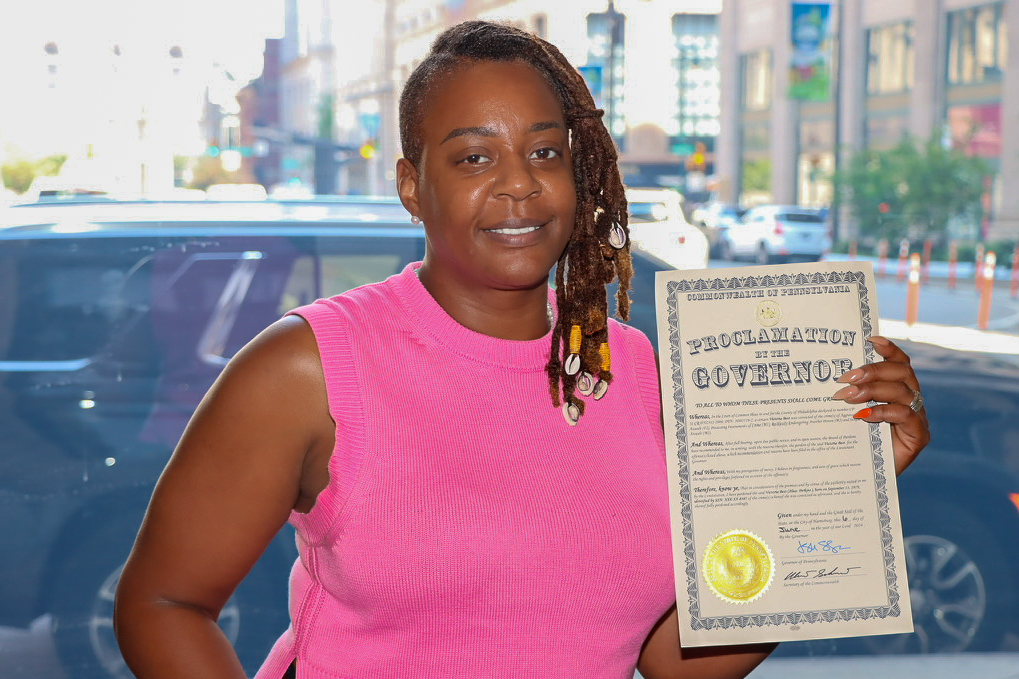
She explained: “I would never make it [to the hearing]; they would never tell me the reason. So, I would have to do my own due diligence as to why.” Note that in 2024, owing fees shouldn’t hold you back from at least getting a hearing, as a good number of hearings I sat in on had applicants who had fees due.
While feedback could be helpful in determining what a person should do if they decide to reapply, this part is simply left out.
Timing
One question you ask after hearing about why Best has only applied three times within 20 years, rest assured, the math will math when you understand how long this process takes.
Timing is probably one of the biggest concerns I found within this process for a thing that feels easy based on being able to apply from the comfort of your home. But it’s not really about what you must do; it’s more about the different parts and people involved in the filing and approval processes.
With the different considerations of receiving and accepting an application, the Board reviewing it, obtaining and attending a hearing, and then the governor (who I stated earlier can take all the time they want) making a decision, the whole process can take up to five years. And after you’re possibly rejected? You can only apply again after 12 months after that rejection. If you get rejected twice in a row, you must wait 24 months from the last rejection to apply again.
This could be more accommodating, especially for those with time-sensitive needs, as Andrea Lindsay of PLSE noted in our conversation. She said they often have folks with urgent needs like someone’s employment being threatened by an old conviction surfacing.
Lindsay says one of the actions PLSE recommends to shorten the length of the process is to say that if the majority (⅗) of the board agrees an applicant should have a hearing, they should automatically be considered for pardon from the Governor. There are other examples she shares, like “if you have a crime that did not involve an act of violence where it's been over ten years since your sentence completion with no other law enforcement contact, that could be accelerated as one example of a category of case.”
Lindsay has also penned an op-ed for Penn Capital-Star about why expediting pardons is good for Pennsylvania if readers are interested in hearing more.
Board’s approval factors
Again, three out of five BOP members must vote in favor of your application before sending it to the governor's desk. They will use whatever they find in that report from the Board of Parole and the questions at the hearing (which has its own section) to help them make that decision. All of these things are considered through their approval factors:
- Time elapsed since the crime,
- Fulfillment of court requirements,
- Positive changes to lifestyle since the offense,
- What’s holding them back that requires a pardon and
- The impact(s) on the victim(s)
Lindsay breaks down why this isn’t as helpful as it could be. She says, “Because people's circumstances are so highly individual, it can be difficult to know exactly what is going to lead to success for one person and then apply that more broadly. What works for one person who has one conviction may be the total opposite of what the board's looking for from somebody else with a different case history.”
And though the approval rate is high, she also reminds the Germantown Info Hub that the lack of feedback about a potential denial means there is no way to know what a successful application looks like for any given applicant.
While not officially on the Board, it’s not a bad time to remind folks that even after the already long wait period through a hearing, the governor can still deny it after the Board approves your application. Again, they can do this after it sits for over a year.
Observations from pardon hearings
This is where I must stress that I can only speak from experience and how I absorbed what I saw. A few folks forewarned me to “take care of myself” before I actually attended a hearing because they can feel a bit rough. That advice made sense when I attended the hearing on Wednesday, June 12, at 9 a.m. via the PA Cast site.
While none of the cases were heard for more than 15 minutes, there was always something interesting to unpack. First and foremost, there’s a heightened sense of indifference projected by the Board. While I have sat with the fact that they are doing their jobs and have many cases to see, I didn’t feel an ounce of ease from the members of the BOP, no matter how respectful or gleeful an applicant appeared. I have to consider that if I felt intimidated by this overwhelming aura of five people in positions of authority, how did the applicant feel?
As stated earlier, they are allowed to ask you anything, no matter how minuscule or random it may seem. One thing I noticed about each applicant was that they all seemed to have so much going for them or community involvement since their incidents.
Many had a combination of things, like getting married and starting families, getting access to better-paying jobs through certification programs, seeking higher education opportunities, still frequenting substance-use support groups (by choice), participating in faith-based groups, not having had any offenses in over ten years, and so much more.
Yet, after presenting these things, they were met with questions like, “Well, how do you know you won’t commit a crime again?”
I also found it interesting that the board seemed particularly fascinated with people's knowledge of their triggers and how they deal with them. Whether they knew their triggers didn’t seem to be an issue, but when presented with ways they process and work through those triggers, the Board just didn’t seem satisfied.
One particular case that comes to mind is a man who says he turns to religion and practices gardening to recenter himself when he’s feeling triggered and to decompress when he’s feeling stressed. After sharing how those things have taught him to be more patient and still, they then proceeded to ask what else, to which he could only reiterate what he had just said.
I also found that even if two people had similarities in background, they could have a separate line of questioning. This was especially prevalent when folks with past substance use were questioned.
One guy, with prior alcohol-related incidents, was questioned thoroughly about his relationship with alcohol, while another, with similar incidents, was hardly asked anything about his relationship with the substance.
I will note that I am unsure of the extent of what is in each person’s report and can only speak for what is said aloud. Again, this is how I perceived that hearing. Other hearings may be different. However, my experience was affirmed after attending a pardon training that afternoon. When discussing the kinds of questions asked in a hearing, the workshop leader called it “pretty demoralizing.” And I think that would have to be my take, as well.
Where can you get help?
While you can do this process on your own, if you choose to, there are opportunities to be supported through it via Pardon Hubs.
Pardon Hubs are within organizations that have a pardon coach, a person who is trained to help folks complete their pardon process. Because an application is the key to success when it comes to pardons, applicants must tell their story and how their lives have changed since their run-in with the law effectively. These coaches do that.
Through PLSE’s “Pardon Project,” there are various hubs throughout Philadelphia and other parts of Pennsylvania where you can seek help. The Pardon Project was created to make the pardon process more accessible for those who may not be able to hire lawyers and to generally help people progress in their everyday lives without the disadvantage of a record holding them back.
Right now, in Germantown, Pardon Hubs can be found at:
- Face to Face at 123 E. Price Street
- Provides information and Pardon Coaching
- Why Not Prosper at 717 E. Chelten Avenue.
- Provides information and Pardon Coaching
Readers can access a complete list of hubs using PLSE’s Pardon Hub finder tool.
What more can folks expect?
Filmmaker and former Mike Lee fellow Shuja Moore helped launch the West Philly Pardon Network (WPPN) in his home section of the city to help bring optimism around gaining a pardon to the neighbors who may have felt/feel it’s unattainable. Through his film Pardon Me, he has been able to help Philadelphians know there is a resource available to those who simply may not have known before.
WPPN is modeled after the network PLSE created, but on a hyperlocal level, creating a network of hubs and coaches within that neighborhood.
Moore says having these hubs and networks on a neighborhood level is essential. He explains: “ To have a network established communicates to individuals that, hey, your community loves and supports you and is working with you to help you get things back going in your life. So, yeah, you know, that's the number one thing that it establishes. And then, you know, people need help, people need resources. And so to be able to go somewhere and get that help, that's everything.”
He also says movements are not often led by the people the issue impacts, and these hubs and networks are an example of that.
Why is this important to know? Because Moore says that even though he hasn’t fully unpacked what it would look like elsewhere, “Germantown is probably going to be the next network,” hopefully with Victoria Best helping to lead that work. Best says everything she’s done in her adult life always leads back to Germantown. “It all starts here,” she said.
Best encourages folks to take charge of their future with this message: “Stop waiting for others to empower you or to give you the green light in your life. Dreams come true. They’re not just something you have to sleep through.”
Though no screenings are currently planned, folks can always check the Pardon Me documentary’s official website to see what’s upcoming. There, readers can also learn more about the film's impacts on the community. We hope to be able to update neighbors with more information about a pardon network in Germantown when the time comes.
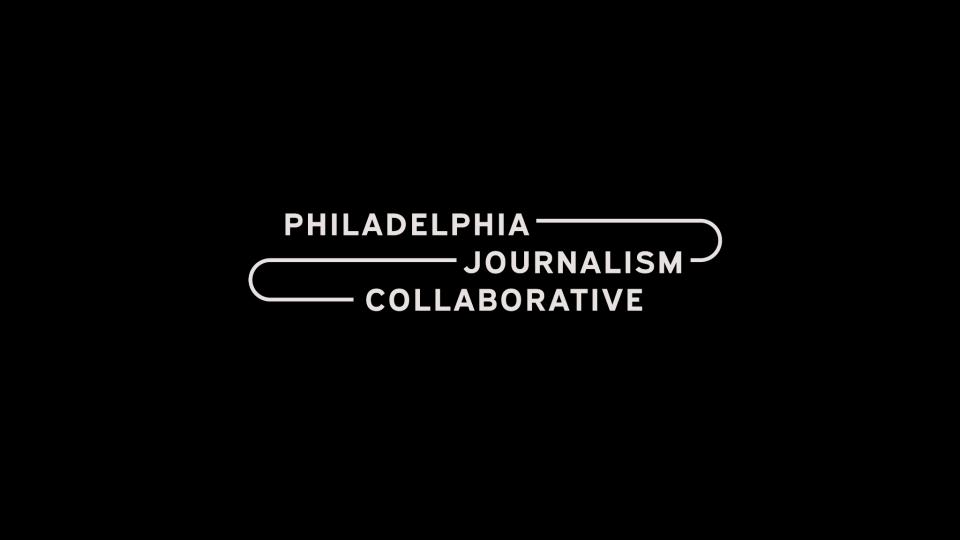
Germantown Info Hub is one of more than 25 news organizations powering the Philadelphia Journalism Collaborative. We do solutions reporting on things that affect daily life in our city where the problem and symptoms are obvious, but what’s driving them isn’t.
Follow us at @PHLJournoCollab

